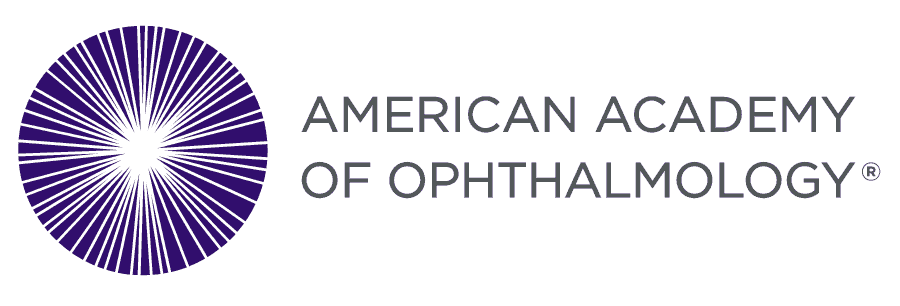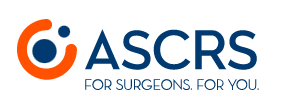According to the National Center for Children’s Vision and Eye Health at Prevent Blindness, visual functioning is a strong predictor of academic performance in school-age children.
“Vision plays an important role in children’s physical, cognitive, and social development. More than one in five preschool-age children enrolled in Head Start have a vision disorder. Uncorrected vision problems can impair child development, interfere with learning, and even lead to permanent vision loss; early detection and treatment are critical. Visual functioning is a strong predictor of academic performance in school-age children, and vision disorders of childhood may continue to affect health and well-being throughout the adult years.”
Aside from an annual eye examination, there will be times when you should take your child to an eye doctor to see if there are serious conditions or problems evolving. Children are more at risk for eye problems especially if:
- They have diabetes
- They are born prematurely
- Your child has had an eye injury
- There is a family history of eye problems such as (lazy eye, eye tumors, misaligned eyes, or childhood cataracts)
Take your child to an eye doctor if these conditions exist:
Appearance of Eyes
- Watery eyes
- Red eyes
- Red-rimmed, crusted or swollen eyes
- If one eye appears crossed or looks out, or eyes don’t line-up as they should
Childs Reactions
- Covers or closes one eye
- Squints eyes or frowns
- Rubs eyes a lot
- Has difficulty seeing (blurriness)
- Tilts his or her head or thrusts head forward
- Seems cranky or bothered when doing close-up work
- Blinks more than usual
- Has trouble reading
If your child tells you their eyes are burning, itchy, they feel dizzy, have a headache, they see double or describes blurry vision, you should take them to see an eye doctor. In addition, if they complain that they cannot see very well, you need to have their eyes checked.
When taking your child to the eye doctor, make a list of questions and the symptoms your child is experiencing so that you remember to tell your eye doctor everything going on with your child’s eyes. Make sure to bring along things for your child to do while you wait for your appointment, and something for them to snack on.
Once you have completed your visit, make sure you follow all treatment recommendations your eye doctor prescribes for your child, whether these recommendations include medications, wearing an eye patch, eye glasses, or surgery.
Watch this video on scheduling your children’s eye examinations






